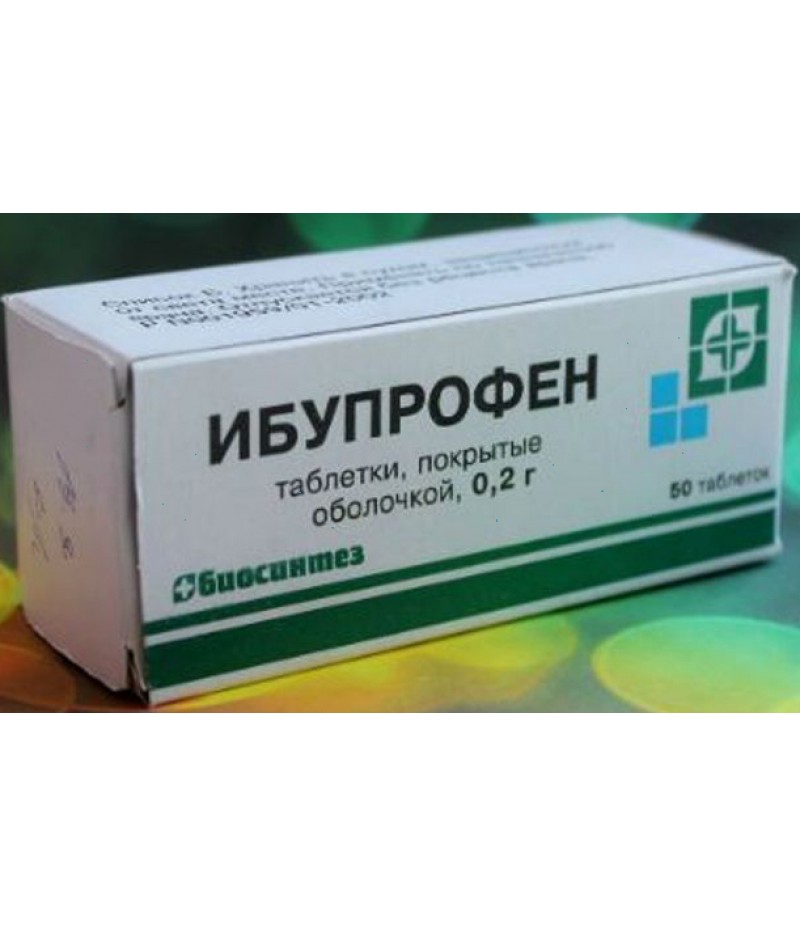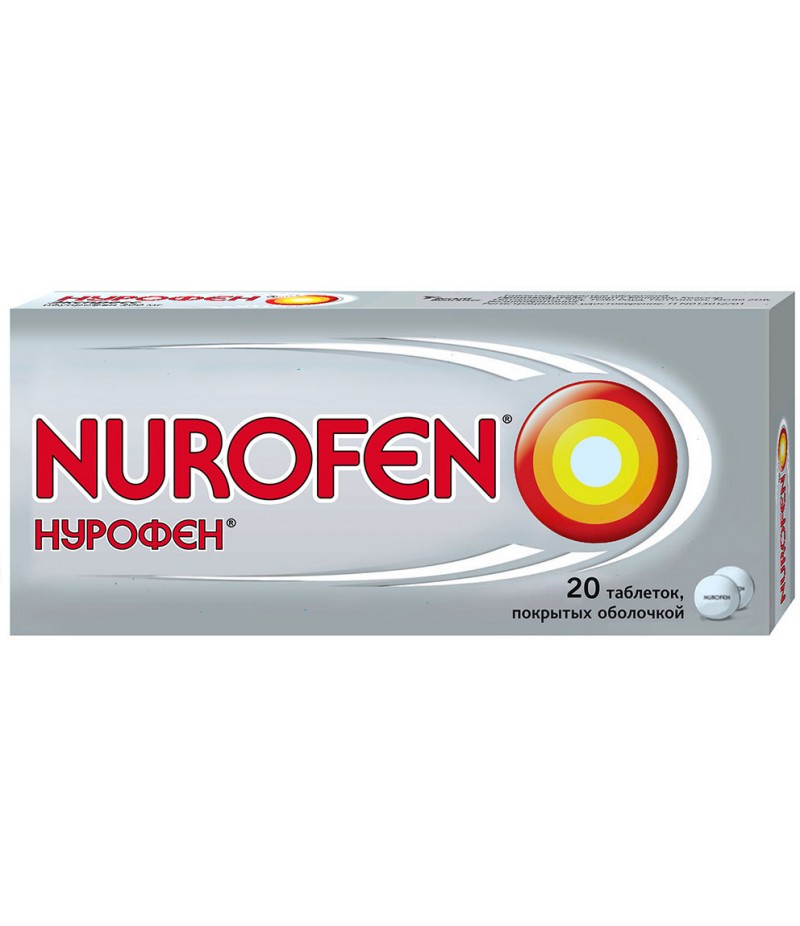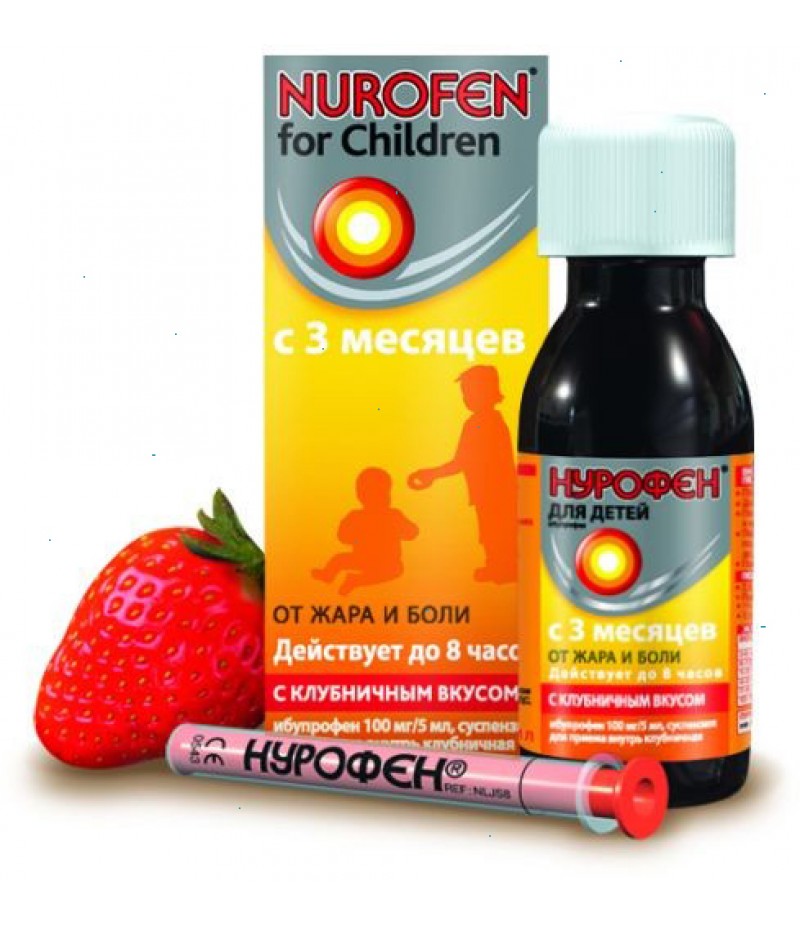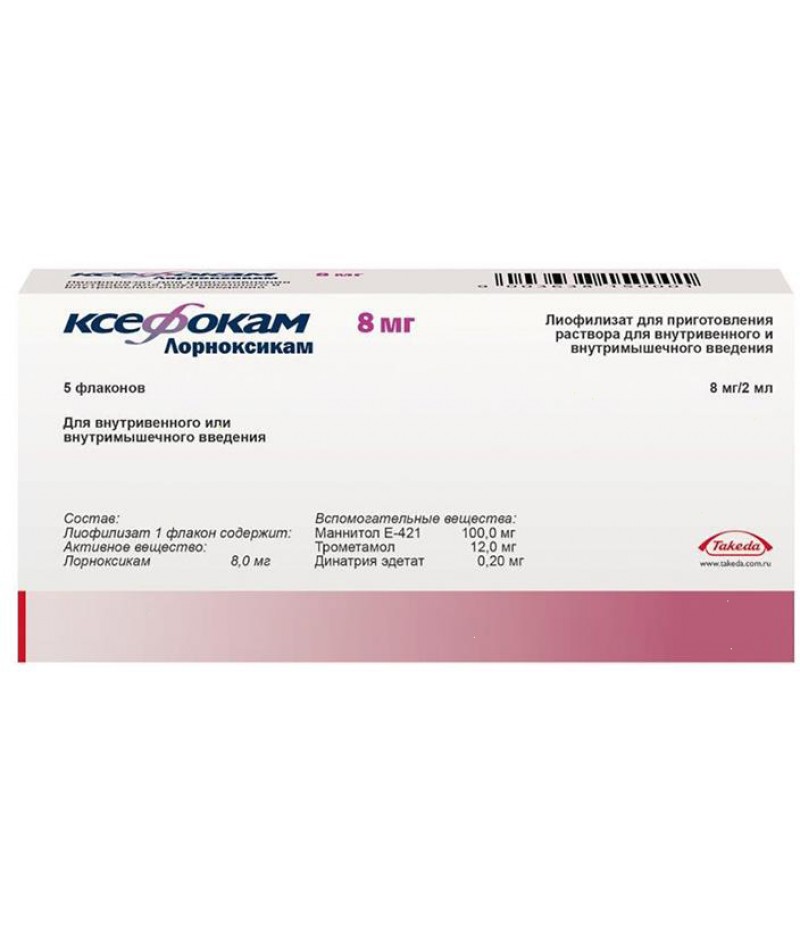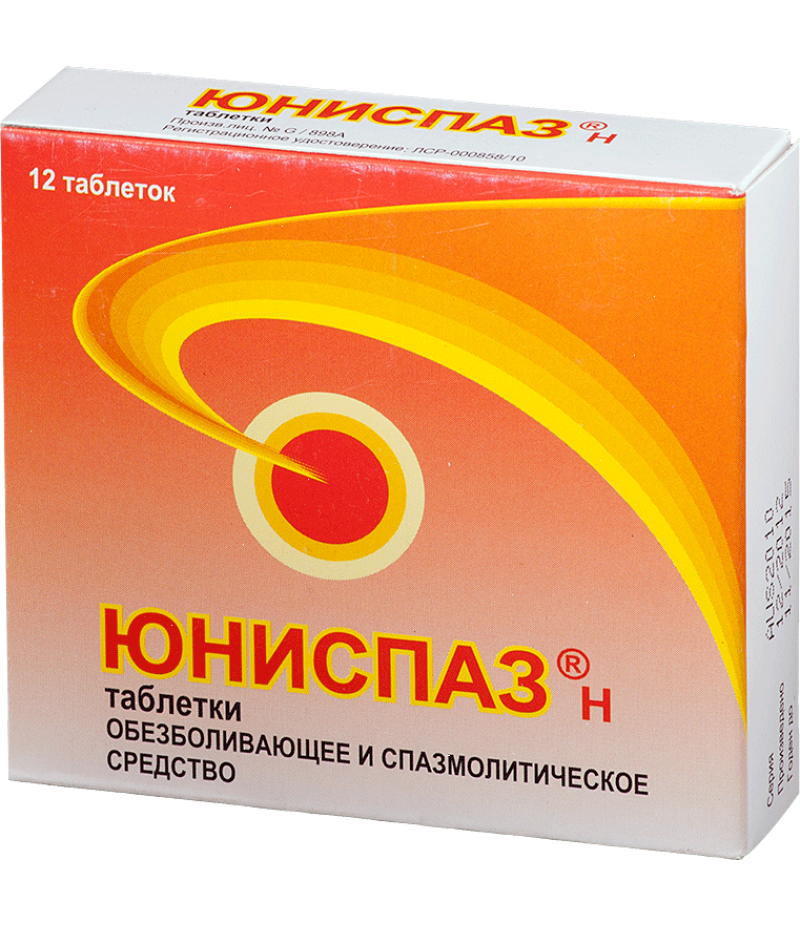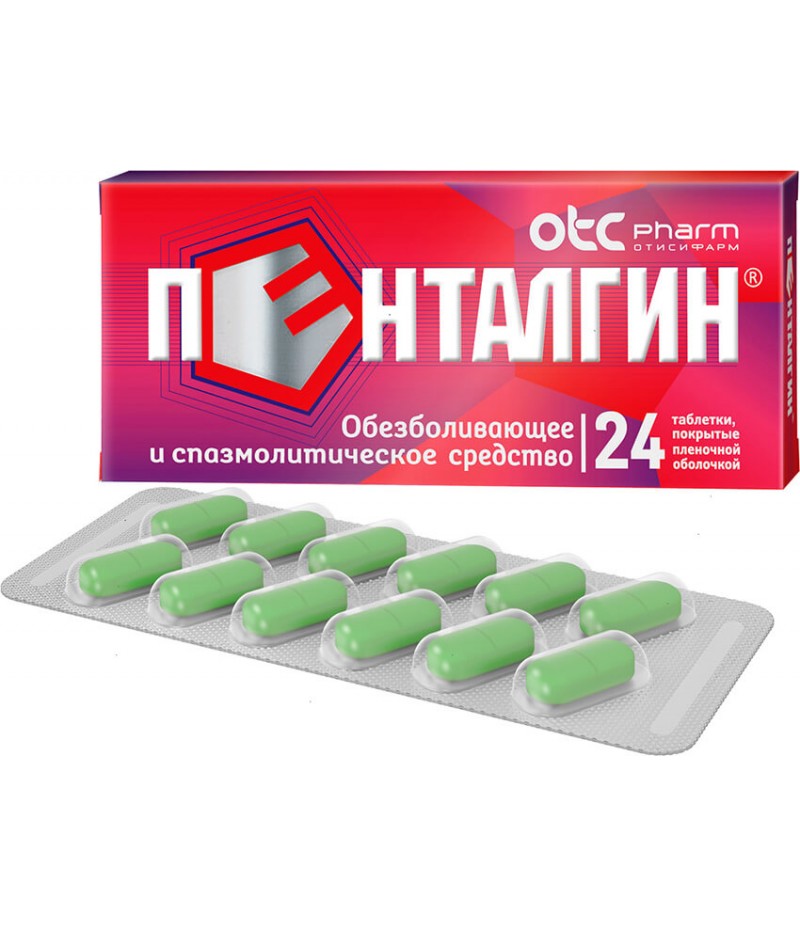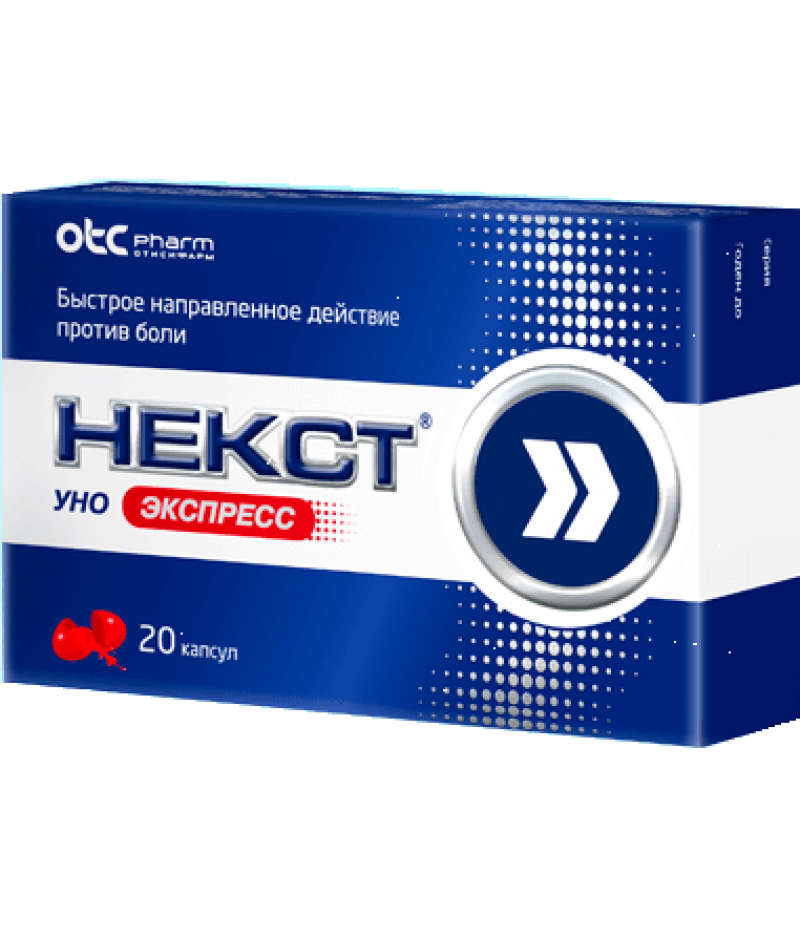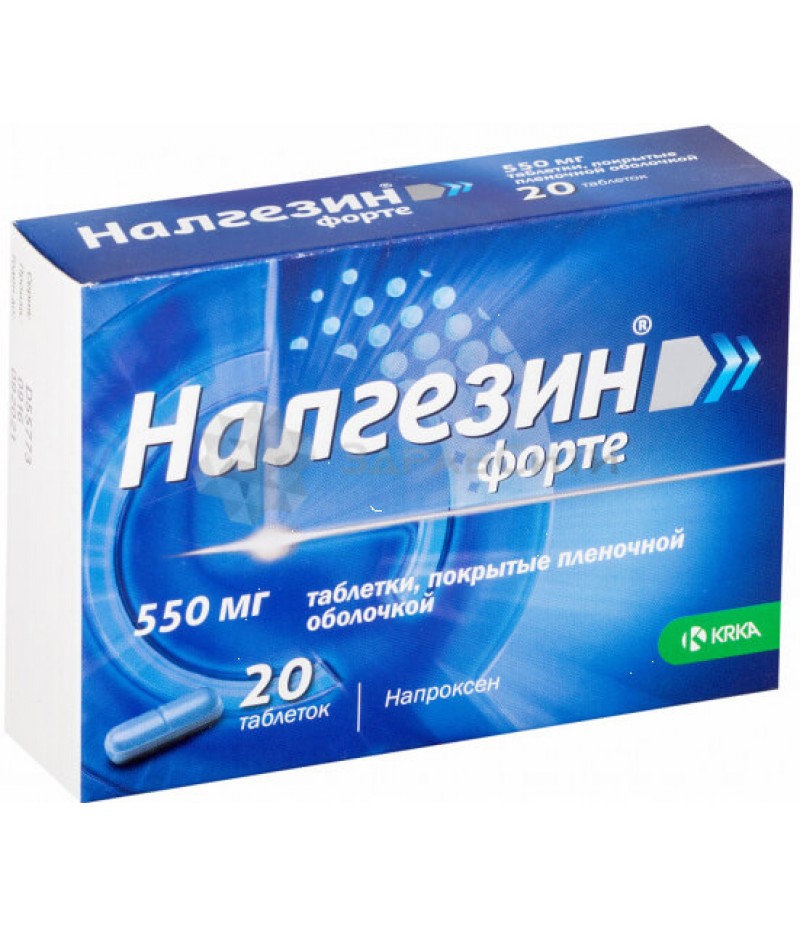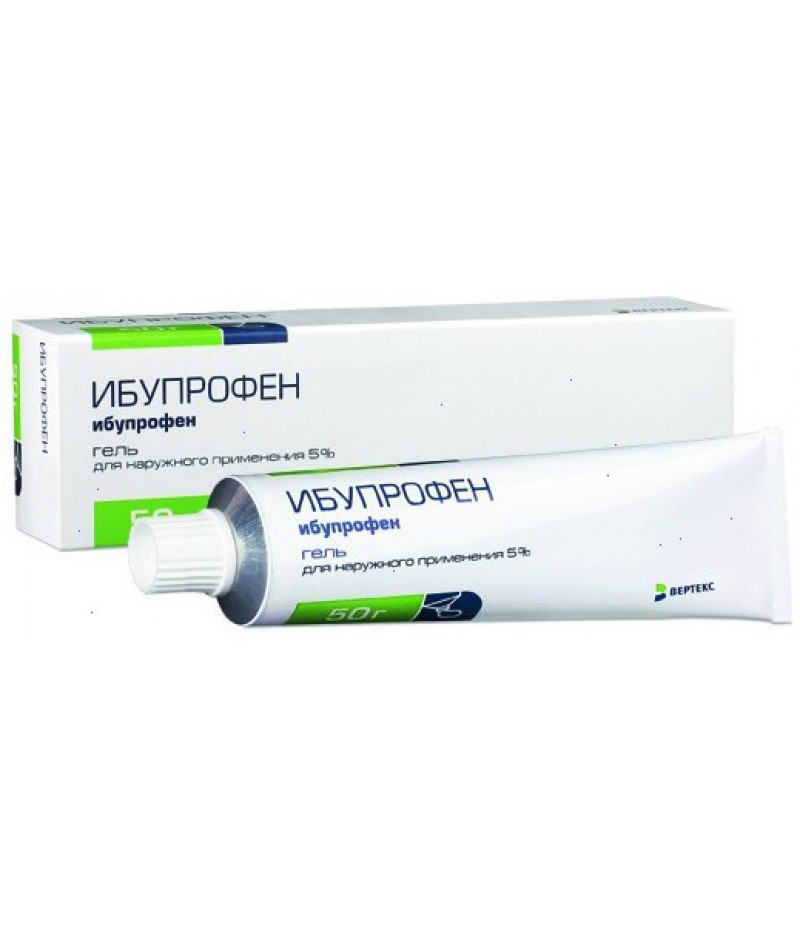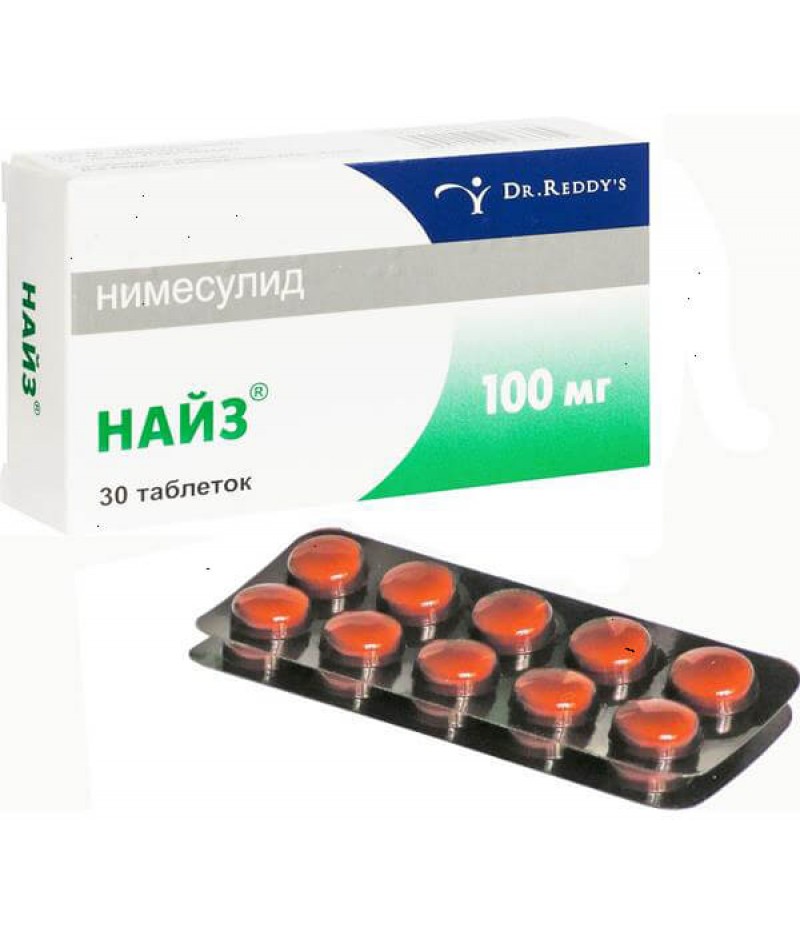Ibuprofen tabs 400mg #50
- $8.40
- 3 or more $8.29
- 5 or more $7.99
- Availability:In Stock
Ibuprofen instruction for useYou can buy Ibuprofen hereTablets Ibuprofen refer to the clinical and pharmacological group of medicines non-steroidal anti-inflammatory drugs. They have antipyretic and a
Tags: tabs
Ibuprofen instruction for use
You can buy Ibuprofen here
Tablets Ibuprofen refer to the clinical and pharmacological group of medicines non-steroidal anti-inflammatory drugs. They have antipyretic and analgesic effect and are used to reduce the intensity of the corresponding symptoms in various pathological processes.
Form of issue and composition
Ibuprofen tablets have a light pink or pink color, a round biconvex shape and a smooth surface. The main active substance of the drug is ibuprofen, the content of which in one tablet is 200 mg. It also includes auxiliary components, which include:
Magnesium stearate.
Potato starch.
Colloidal silicon dioxide.
Beeswax.
Gelatin.
Azorubine as a dye.
Low molecular weight povidone.
Sodium hydroxycarbonate.
Vanillin.
Wheat flour.
Titanium dioxide.
Sucrose.
Tablets are packaged in a contour squamous package of 10 pieces. The cardboard pack contains 1, 2 or 5 contour cell packs with the corresponding total number of tablets and instructions for the use of the preparation.
pharmachologic effect
The clinical and pharmacological effect of ibuprofen tablets is due to a decrease in the synthesis of the main mediator of the inflammatory reaction of prostaglandin, which is responsible for the development of pain, swelling of the tissues and a rise in body temperature. The decrease in the concentration of prostaglandins is due to the blocking of ibuprofen by the enzyme cycloxygenase (COX 1 and 2), which catalyzes the reaction of the transformation of arachidonic acid into prostaglandins during the development of the inflammatory reaction.
After taking the Ibuprofen pill inside, the active substance is quickly and almost completely absorbed into the systemic circulation from the lumen of the small intestine. The maximum concentration in the blood of ibuprofen reaches 2 hours. It is almost evenly distributed in all tissues of the body. It penetrates the blood-brain barrier into the structures of the central nervous system, and can also enter the developing fetus during pregnancy and breast milk during lactation. Ibuprofen is metabolized in the liver before the formation of inactive decay products, which are excreted from the body with urine.
Indications for use
Receiving tablets Ibuprofen is indicated in the presence of symptoms of an inflammatory reaction in various pathologies, which includes:
Inflammatory pathology of joints and spine with pain syndrome - arthritis of any origin, including infectious, arthrosis (degenerative-dystrophic joint pathology), osteochondrosis (degenerative spinal cord injury), autoimmune processes in the joints.
Moderate pain syndrome of different origin and location - migraine (paroxysmal headache), toothache, algodismenorrhea (painful menstruation), post-traumatic or postoperative pain, neuralgia (aseptic inflammation of the peripheral nerves), myalgia (muscle pains).
Feverish syndrome against infectious intoxication with increased body temperature and body aches, including acute respiratory viral infection (acute respiratory viral infection).
The use of Ibuprofen tablets does not affect the progression of the pathological process, their use primarily implies symptomatic therapy.
Contraindications for use
Receiving tablets Ibuprofen is absolutely contraindicated in a number of pathological and physiological conditions of the body, which include:
Individual intolerance to ibuprofen, as well as cross-intolerance to any representatives of the pharmacological group, non-steroidal anti-inflammatory drugs, intolerance to any of the auxiliary components of Ibuprofen tablets.
Symptomocomplex, which is characterized by pathological intolerance to acetylsalicylic acid (refers to non-steroidal anti-inflammatory drugs), the development of polyposis of the nasal mucosa and bronchial asthma.
The pathology of the organs of various parts of the digestive tract, which includes the ulcerative-erosive lesion of the mucous membrane of the stomach or duodenum and is characterized by acute course (erosive-ulcerative colitis, Crohn's disease, peptic ulcer of the stomach or duodenum).
Gastrointestinal bleeding at the time of starting the drug or transferred in the recent past.
Restorative period after aorto-coronary bypass surgery.
Inflammatory bowel pathology.
Violation of the blood coagulation system with its insufficiency (hemophilia, hemorrhagic diathesis).
Active pathology of baking (acute period) or severe insufficiency of its functional activity.
Intracranial hemorrhages.
Pregnancy.
Age of child under 6 years.
With caution, the drug is used in the elderly, people with moderately expressed cardiac, hepatic or renal insufficiency, women during lactation. Before starting the use of Ibuprofen tablets, you need to make sure there are no contraindications.
Dosing and Administration
Ibuprofen tablets are taken internally without chewing and drinking with sufficient water. The average dosage for adults and children is 200 mg (1 tablet) 3-4 times a day. According to the indications (pronounced inflammatory process with pain syndrome) the dosage can be increased to 400 mg (2 tablets) 3 times a day, and when the clinical and therapeutic effect is necessary, the dosage is reduced. The period of time between tablets should not be less than 4 hours. The maximum allowable daily dose should not exceed 1200 mg (6 tablets). The course of treatment on average is 5 days, the need for its prolongation is determined by the doctor. To reduce the negative effect of the drug on the digestive tract, tablets should be taken after meals.
Side effects
Taking pills Ibuprofen can lead to the development of unwanted reactions from various organs and systems, they include:
The digestive system is gastropathy, provoked by the action of non-steroidal anti-inflammatory drugs, which is characterized by nausea, periodical vomiting, severity and pain in the stomach (epigastric region). There may also be a decrease in appetite, heartburn (burning sensation behind the sternum caused by high acidity of the gastric juice), diarrhea, ulceration of the gastric mucosa, which can be complicated by gastrointestinal bleeding or perforation of the ulcer (formation of a through hole), dryness of the oral mucosa, aphthous stomatitis, ulceration of the gums, hepatitis (inflammation of the liver).
Nervous system - headache, periodic dizziness, sleeplessness at night and drowsiness during the day, increased irritability, depression (prolonged decline in mood), confusion, less likely hallucinations and aseptic (non-infectious) meningitis.
Cardiovascular system - tachycardia (increased heart rate), increased blood pressure (arterial hypertension), heart failure.
The sensory organs are hearing impairment, noise or ringing in the ears, toxic optic nerve damage, visual impairment, diplopia (double vision), scotoma (spot in sight), dryness, irritation of the conjunctiva of the eyes, puffiness of the eyelids.
Blood and red bone marrow - hemolytic or aplastic anemia (anemia associated with increased destruction or insufficient formation of red blood cells in the red bone marrow), thrombocytopenia (decrease in the number of platelets per unit volume of blood), up to thrombocytopenic purpura.
The urinary system - the development of acute renal failure, allergic nephritis (specific inflammation of the kidneys), polyuria (increased volume of urine output), cystitis (inflammation of the bladder), nephrotic syndrome, which is accompanied by severe general edema of the tissues due to a significant loss of plasma protein in the urine.
Laboratory indices are an increase in the level of creatinine in the blood, an increase in the activity of hepatic transaminase enzymes (AST, ALT), which indicates damage to hepatocytes, an increase in the duration of blood coagulation.
Allergic reactions - rash on the skin, which often develops in the form of urticaria (reminiscent of nettle burn), pronounced skin itching, Quincke's edema (pronounced edema of soft tissues in the face and external genital organs), anaphylactic shock (marked decrease in systemic arterial pressure and multiple organ failure ), bronchial asthma (bronchial reaction with their spasm and development of dyspnea). Also, severe allergic reactions to the skin in the form of multiforme exudative erythema (Stevens-Johnson syndrome), toxic epidermal necrolysis (Lyell syndrome) can also develop.
The risk of developing adverse reactions increases with prolonged use of Ibuprofen tablets. The appearance of any of these symptoms is the basis for the withdrawal of the drug.
special instructions
Before you start taking Ibuprofen tablets, you should carefully read the instructions for the drug. There are several special instructions that you should pay attention to before using it, these are:
Treatment should be done in the minimum effective dose and a small course, which should not exceed 5 days.
In the case of long-term use of Ibuprofen tablets, periodic laboratory monitoring of the functional activity of the liver, kidneys, blood coagulability is necessary.
It is not recommended to share with other drugs from the pharmacological group of non-steroidal anti-inflammatory drugs.
If it is necessary to determine the level of ketosteroid in the blood, 48 hours before the test, the drug is canceled, since its administration can affect the reliability of the results.
Children between the ages of 6 and 12 years old can be administered only under the supervision of a doctor.
At the time of taking the drug, it is recommended to refrain from activities requiring increased concentration of attention and speed of psychomotor reactions.
In the pharmacy network, Ibuprofen tablets are dispensed without a prescription. If you need more than 5 days (no clinically significant effect), questions or doubts, you should consult your doctor.
Overdose
A significant excess of the recommended therapeutic dose is accompanied by abdominal pain, nausea, vomiting, depression, drowsiness, headache, tinnitus, increased heartbeats. In this case, the stomach, intestine, intestinal sorbents (activated charcoal) and symptomatic therapy are washed. There is no specific antidote for today.
Analogues of Ibuprofen tablets
Similar to the main active ingredient and the therapeutic effect for Ibuprofen tablets is Nurofen.
Terms and conditions of storage
The shelf life of ibuprofen tablets from the time they are manufactured is 3 years. They must be stored at an air temperature of no higher than + 25 ° C in a place inaccessible to children.

